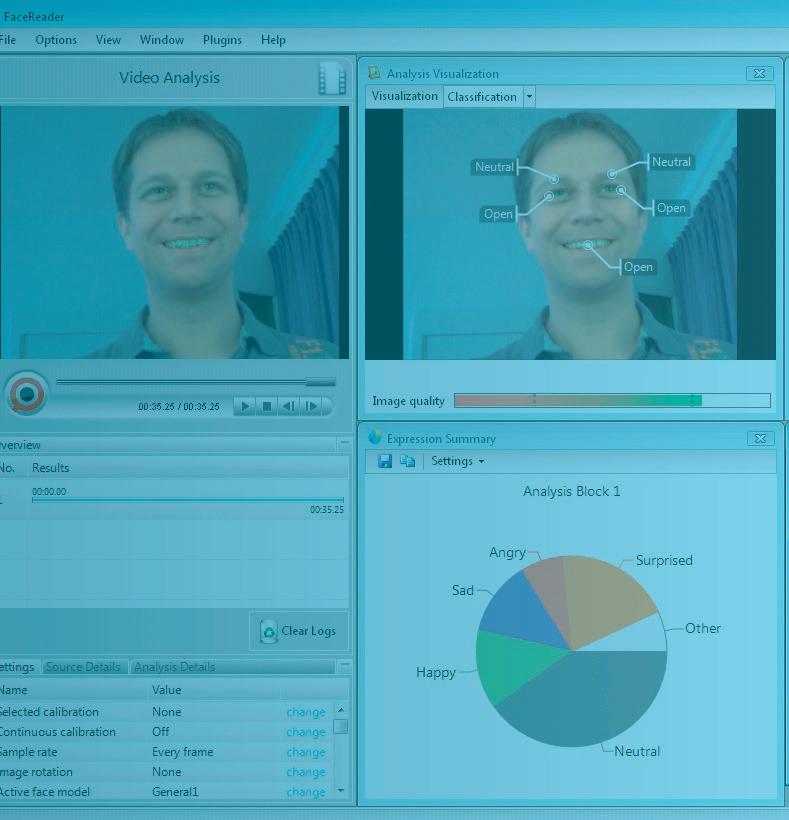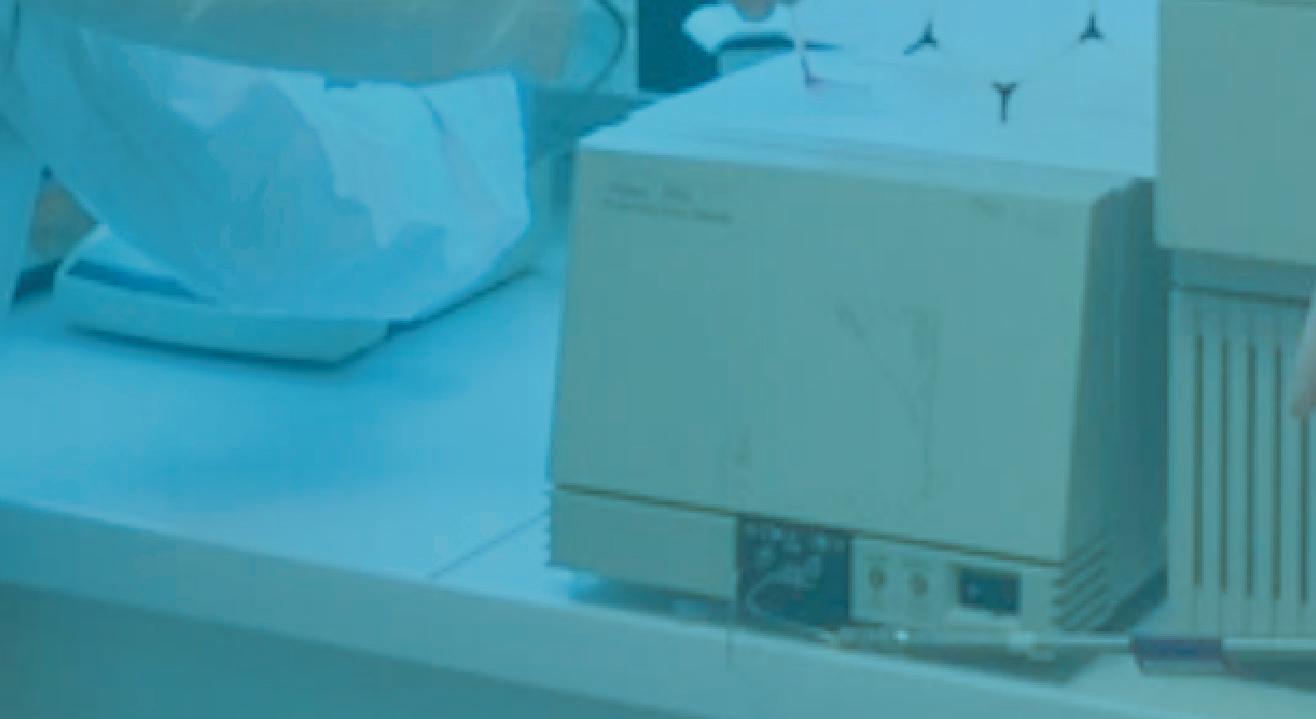
4 minute read
Modelling of neuronal and cognitive systems
Objectives
Graduates will have acquired the basic knowledge in mathematics, statistics, computer science, biology and cognitive science needed to model neurocognitive systems.
Moreover, students will have been able to specialise in a domain of interest thanks to the projects conducted in UCA laboratories. All these laboratories are members of the C@UCA core program «Cognitive systems, normality and pathology of the human brain, computationnal neuroscience».


The areas of specialisation include medecine, mathematics, linguistics, physics, experimental economics, psychology, computer science, neurophysiology and chemistry of olfaction. Throughout the program, students will be confronted several times with interactions in all these fields, especially in group work. This will give each student the unique opportunity to progressively make individual choices, acquire autonomous thinking and work in an interdisciplinary setting. International mobility and Research & Development work in private companies will also be encouraged through internships.
Through its innovative approaches to mentoring, MoNeuCog aims to foster natural curiosity and autonomy in students. The goal is to develop active researchers at the interface of applied mathematics and cognitive sciences.
Program
The fi rst year is dedicated to the basics. It starts with 5 intensive weeks of bootcamp (update training in mathematics, programming and experimental set-ups).
The student will develop an effi cient and independent working method and become acquainted with the environment of OpenNeuroLab, which is designed to promote group work.
The student will continue learning the basics through coursework and projects in one of two tracks: «Computational and Mathematical Neuroscience» and «Cognitive Sciences and Experimentation».
Three mini-projects, conceived and supervised in collaboration with UCA laboratories, will be carried out in groups in the OpenNeuroLab.
An additional requirement, also based on group work, is a self-designed project to be developed by students in the OpenNeuroLab, where students will be responsible for a small budget.
The second year is mainly centered around two internships, with at least one being either abroad or in a private company.
Admission
Candidates should have a bachelor’s or an equivalent degree in mathematics, computer science, biology, psychology, electrical engineering, economics or linguistics.
In addition, they will have to provide evidence of their ability to follow mathematical courses at a rapid pace (preparatory classes, double degree, syllabi of previous mathematics courses and evidence of good grades in these courses, recommendation letters, etc).
Students must also provide a motivation letter explaining their interest in neuroscience and cognition and briefly describing a project they would like to develop. The admission will be selective, based on the students’ application materials.
Tuition fees: 4000€*
*The tuition fee may vary according to your residence status, namely if you are a resident of an EU country or of a country outside the EU. In addition, financial aid (need-based or merit-based scholarships) will be available to students, and other sources of funding will also be available through each training course.
Contacts Maciej Krupa, Fabien Mathy, Alexandre Muzy, Patricia Reynaud-Bouret, Tobias Scheer







Key features


Track taught in English Immersion of students within internationally recognized laboratories and R&D centres Built-in interdisciplinarity Customizable training thanks to mentored professional teamwork projects and internships Opportunities to focus on: Plant improvement, molecules and substances for plant health, or biocontrol using macro- and micro-organisms A major global challenge is to implement ecofriendly plant production technologies, while minimizing the hazards and risks to human health and the environment. This challenge is faced by all economic sectors that produce or use plants: agriculture, agrifood, cosmetics, pharmaceutics














